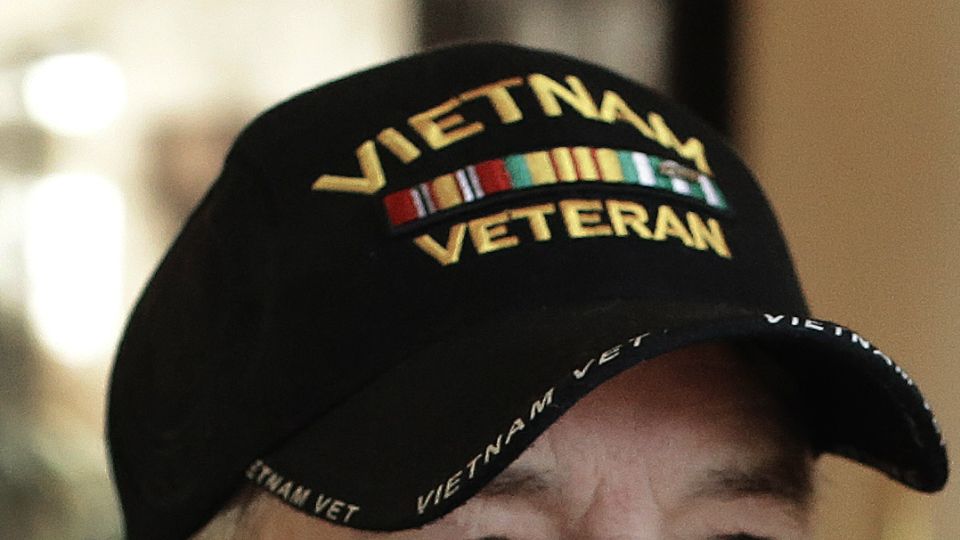OHIO — A recent study from the Ohio State University shows many U.S. veterans have sought out psychedelics to help with mental health, and researchers say it could show promise for future treatments.
The study, published in the Journal of Psychoactive Drugs, was done by creating a survey that looked at patterns of psychedelic use, experiences and perspectives of those who did or didn’t use them and what the adverse outcomes were after use. The survey was distributed to veterans through email invitations, word of mouth, as well as online advertisements.
There were 426 respondents separated into two groups: veterans who used psychedelics (217) and those who hadn’t (209). Veterans reported using drugs like psilocybin (magic mushrooms), LSD, ketamine, MDMA (ecstasy), ayahuasca, ibogaine, 5-MeO-DMT (toad) and peyote/mescaline.
The study shows many veterans who used psychedelics did so for “healing or spiritual exploration,” in which 80% of them benefited from the experience.
“Because of all of the complexity that veterans are experiencing and the higher risk they’re at for experiencing not just one, but several mental health and physical health-related challenges, it makes sense that they would be searching for opportunities to address those challenges, especially when they feel like they’re not being met with the current system here in the U.S.,” said lead author Alan Davis, associate professor and director of the Center for Psychedelic Drug Research and Education at The Ohio State University College of Social Work.
The data found that among the group who have tried psychedelics, they were more likely to be older and have spent more time deployed. The group also had a large portion of veterans who reported having PTSD, depression and anxiety.
More than 88% of respondents found using the drugs as beneficial. However, more than 81% said they had some adverse outcomes, such as flashbacks or craving psychedelics. Additionally, a small number of participants reported being arrested or having to seek medical treatment because of using the drugs.
Overall, many veterans would be more likely to get mental health care, or return to care, if psychedelic-assisted therapy were offered, the study shows. The U.S. Department of Veterans Affairs estimates more than 17 veterans die by suicide each day, and other studies show a majority of veterans report being highly stressed when transitioning to civilian life after the military.
While there has been more advocacy in recent years for such therapy, the researchers say there is a need for more research into mental health treatments that could help U.S. veterans.
“Understanding military veteran culture is crucial for civilian therapists working with this population,” said co-author Mark Bates, a retired U.S. Air Force pilot and clinical psychologist at Sunstone Therapies. “It’s about avoiding inadvertently undermining the therapeutic relationship and knowing how to use military culture as an effective frame of reference. This is also part of the reason of why we carefully consulted with a team of veteran advisers in the development and validation of the survey questions.”



